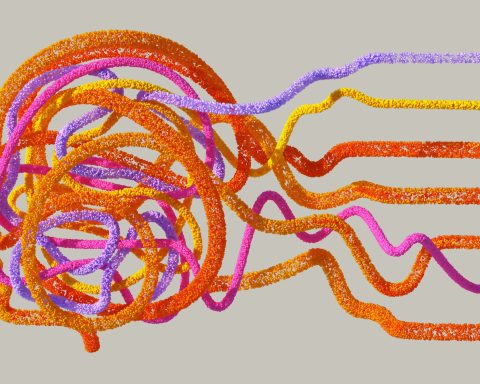 Safiya Virji is a GP trainer (NHS England) and Medical Educator working at Queen Mary University of London. She is on X: @safiyavj
Safiya Virji is a GP trainer (NHS England) and Medical Educator working at Queen Mary University of London. She is on X: @safiyavj
General practice is currently under unprecedented strain. The increasing patient load, complexity of cases, and administrative duties have pushed the system to breaking point. General practitioners (GPs) are now the frontline defenders of public health and the backbone of an overburdened healthcare system. Effective team-working in this high-pressure environment is no longer just nice to have – it’s a lifeline.
As the pressure mounts, preparing the next generation of GPs is more critical than ever. Medical students on placements in GP practices are not just observers; they are the future of community-based medicine. Yet, the overwhelming pressures in many practices can leave students feeling disconnected from the teams they are meant to be learning from. This disconnect not only hampers their education but also dampens their enthusiasm for pursuing a career in general practice, a field already grappling with workforce shortages. With the NHS Long-Term Workforce Plan calling for a 50% increase in medical students entering GP training posts by 2031, the stakes are higher than ever.1
How can GP tutors, overwhelmed by their own workloads, ensure students feel like valued members of the practice team? The answer may lie in an approach that turns traditional mentorship on its head: reverse mentoring.
Instead of senior clinicians imparting all their wisdom to juniors, it encourages students to share their learning needs, perspectives, and experiences with their GP tutors.
Reverse mentoring challenges the traditional hierarchy of teaching. Instead of senior clinicians imparting all their wisdom to juniors, it encourages students to share their learning needs, perspectives, and experiences with their GP tutors.2 This creates a reciprocal learning relationship that not only enriches the educational experience for the student but also provides valuable insights for the tutor. The idea of teachers learning from students is not new. In 1968, Paulo Freire advocated for educators and students to be seen as equals, arguing that pedagogy must treat learners as co-creators, rather than empty vessels waiting to be filled with knowledge.3 In a fast-paced GP environment where time is precious, this approach could be transformative.
A recent reverse mentoring initiative in East London tested this approach with 312 medical students on GP placements between January and June 2024.4 GP tutors held one-to-one meetings (‘inclusive inductions’) with students at the start of their placements, using a framework designed to ask inclusive questions about the students’ perceived learning needs. This simple yet powerful intervention had a profound impact on both students and tutors. Of the 237 students who completed a follow-up survey, 209 found the intervention beneficial, with many reporting that they felt “heard” at the start of their placements. By breaking down traditional supervisor-learner barriers early on, students felt their tutors genuinely cared about their development by offering enhanced educational opportunities tailored to individual learning needs, which likely strengthened their commitment to the learning environment. Even more striking was the impact on students’ sense of belonging within the practice team. An impressive 95% of students reported feeling like a member of the clinical team by the end of their placement—an increase of 7.5% compared to the previous cohort that did not receive the reverse mentoring intervention.
In today’s pressured healthcare environment, innovative solutions that contribute to a more resilient GP system are crucial. Reverse mentoring benefits not only the student experience but also alleviates some of the pressures on GP tutors, who are held accountable for meeting both patient and systemic expectations.
To fully leverage the benefits of reverse mentoring, practices must foster a culture of openness and mutual respect, where students’ contributions are valued and encouraged. As we continue navigating the challenges of post-pandemic healthcare, reverse mentoring – where students contribute to their supervisors’ learning as much as they learn from them – may hold the key to cultivating the next generation of GPs who feel truly connected to and invested in their practice teams. This is a vital step toward sustaining the future of primary care.
References
- NHS England. (2023). NHS Long Term Workforce Plan. Retrieved from https://www.england.nhs.uk/publication/nhs-long-term-workforce-plan/
- Nagi, M. (2020). “Reverse Mentoring – A Tool to Develop Future Leaders for Organizations”. Journal of Advanced Research in Dynamical and Control Systems. 12. 605-608.
- Freire, P. (2017). “Pedagogy of the Oppressed”. Penguin Modern Classics. London, England: Penguin Classics
- Educational Project conducted by the author at QMUL dept of Community-Based Medical Education between January and June 2024 – further information available from s.virji@qmul.ac.uk .






